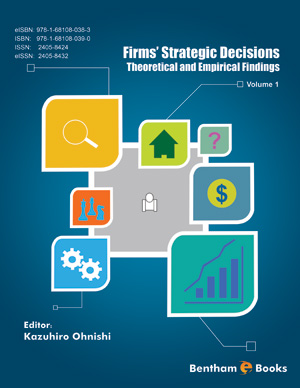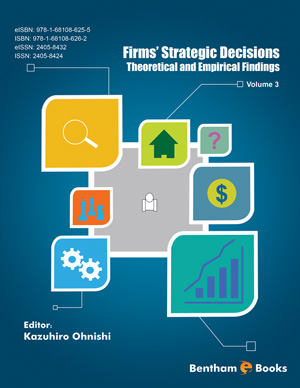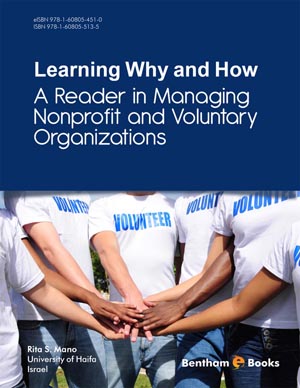Abstract
The central proposition of this chapter is that a multi-factorial strategy
model can be evolved to support mobile application development for SMEs in response
to disruptive innovation through business model innovation. Artificial Intelligence is
often regarded as a significantly disruptive technology impacting many industries
today. AI is penetrating many sectors and transforming the tasks performed by
computers. This chapter rests on two principles: the discovery of business model
innovation and the type of disruption of SMEs in the mobile application sector. The
fieldwork for this chapter consists of four phases. The findings and interpretations
presented in this chapter imply that the rise of disruptive innovation has sparked
technological advancement, which will affect SMEs in South Africa. SMEs should
transition to a progressive interdependent modality where they participate using their
shared strengths, according to the concept of business model innovation. They could
mitigate their weaknesses by working with other mobile app development SMEs. The
value of the principles' synergistic relationship has finally been revealed in the chapter.
The Disruptive Innovation State Response Model and the Disruptive Innovation Praxis
Model were created by this research as responses to its main thesis. A development
agency, businessperson, technologist, venture capitalist, etc. could use these models to
determine the state that the business recognizes itself in and, employing its use,
generate a response that is suitable according to the chapter's final proposition.









.jpg)


